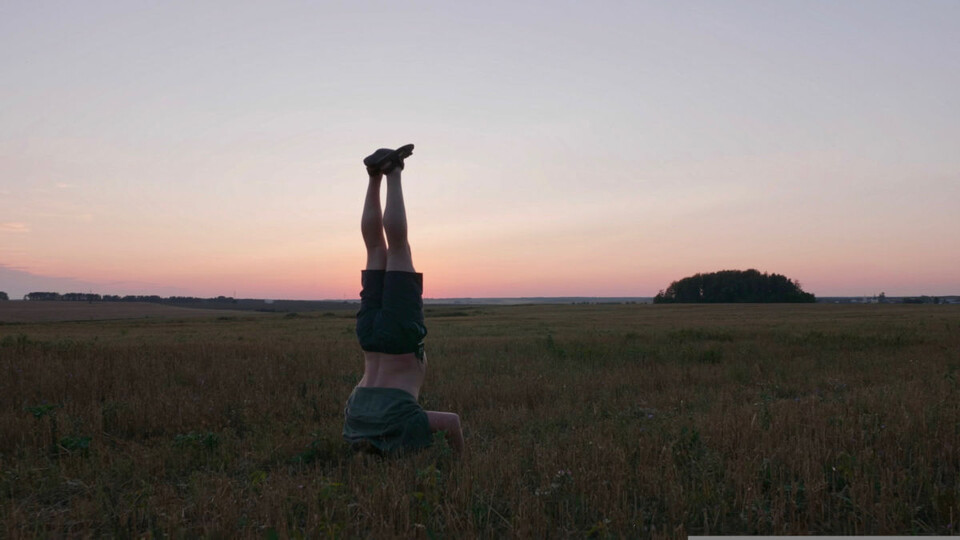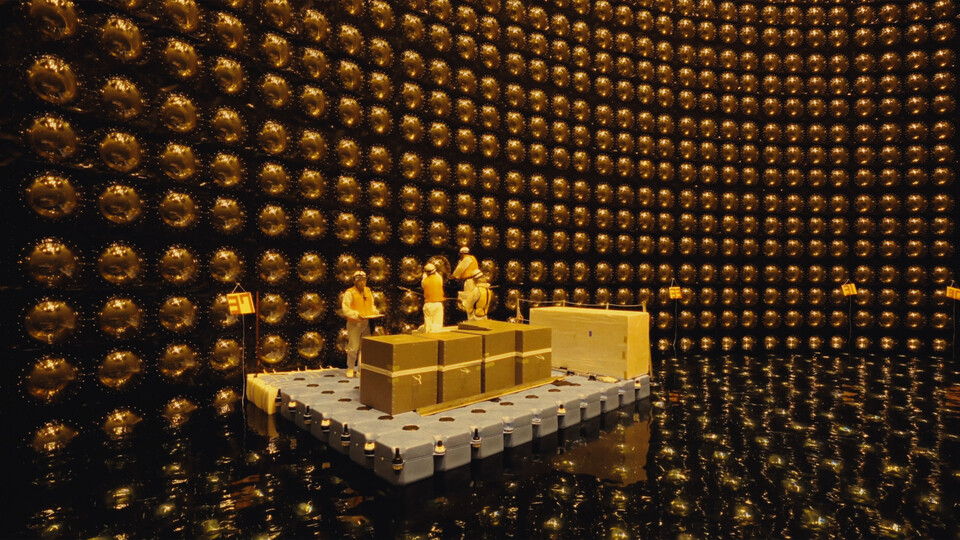Will documentary still be around in twenty years? And if so, in what form?
Cinema has, in its essence, a documentary character. It preserves images the meaning of which is gradually unveiled – like slowly melting icebergs exposing creatures living hundreds, thousands and tens of thousands years ago. The documentary aspect prevails in most works that are today called fiction and animated films. Even documentary films are primarily a testimony about the era in which they were made.
As long as there is cinema, the physical presence, the here and now, will essentially be encoded therein. Both in front, and – in simple terms – behind the camera. Embodied in the person of the director, cameraman, editor, the recording technology, and the discourse of the time. In front of and behind – before and after – these aspects are all inseparably connected.
In twenty years – just like twenty years ago. Documentary cinema serves as a direct mirror of the time, albeit metaphysical and structured. The main influence is the social and political atmosphere. In times of fear, during wars and totalitarian regimes, documentary cinema was used as an instrument. On the contrary, in periods when the society is allowed to breathe freely, to thrive and the human spirit can happily question and discover the world around, documentary filmmaking has no limits. It is what breathes life into cinema and extends its invisible borders. It in fact forms a part of the gesture that is happening at the moment – not only literally in front of the camera, but primarily in ideological terms that are “documented” with remarkable lightness.
Recording technologies may change its possibilities, but not its essence. The changes coming hand in hand with virtual reality will actually be less dramatic than we tend to think – although it is much more likely to succeed, unlike 3D technology. In this context, the key is the transformation of the society as a whole. And one such turning point is the technological revolution causing an IT boom and the consequential consistent transformation of reality into unambiguity – not only digitisation itself and addition of new angles to the filmmaking scope.
At the moment, this virtual reality is our own creation with more and more sophisticated algorithms being produced. However, it may easily happen that these algorithms will start to control us. They have in fact already been shaping us, although only furtively and unnoticeably. We may say that this occurs as part of a mutual dialogue. However, there is a certain line, beyond which life might no longer be the same. Just like democracy redefined the role of each individual after the defeat of feudalism, human life will also change under the inquisitive eye of technologies designed to serve us.
So far, documentary cinema has been opening up a parallel perspective: the potential to distance ourselves (extreme long shot) as well as to focus (macro close-up) – always as part of an unpredictable polemic. In the world dominated by data, all is predictable, quantifiable, and equally clear. Our aim is to preserve our ability of critical blurring and doubtful insight, despite the caring technology. Either we manage to grasp virtual reality or we will let ourselves be grasped. And by the time everything is covered by volcanic ash, we ourselves will turn into an image: documenting a civilisation that has either remained internally free, or become controlled.



